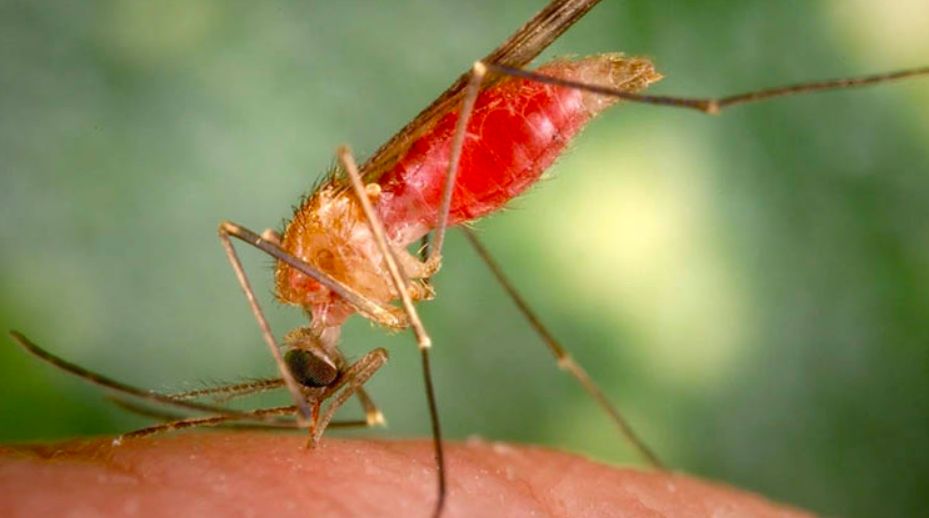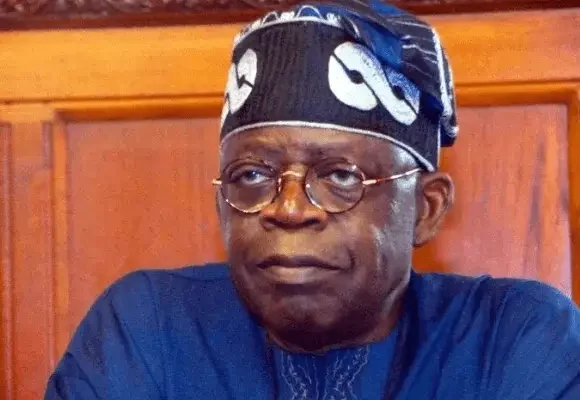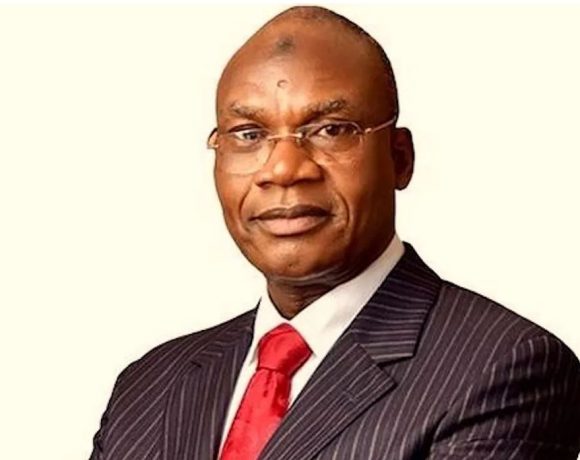How Nigeria Can Overcome Neglected Tropical Diseases with Continued Support

Neglected Tropical Diseases affect millions of Nigerians – ARDnig
Neglected Tropical Diseases affect millions of Nigerians, but efforts led by the End Fund and local organizations aim to eliminate them by 2030. Through partnerships, funding, and community engagement, significant progress is being made. More support is needed to sustain this vital fight.
Understanding Neglected Tropical Diseases (NTDs)
Neglected Tropical Diseases (NTDs) are a group of 20 health conditions mostly affecting poor communities in tropical areas. According to the World Health Organization, over one billion people globally live with NTDs, which are caused by bacteria, viruses, fungi, and parasites. Nigeria accounts for 25% of Africa’s NTD cases, making diseases like river blindness, leprosy, and elephantiasis common. These illnesses are called “neglected” because they are not prioritized in global health discussions, despite their impact on impoverished communities.
The Role of the End Fund in Combating NTDs
The End Fund, a global philanthropic group, has committed to supporting Nigeria’s fight against NTDs until 2030. Since 2013, the End Fund has worked with partners to provide resources, train communities, and support the Ministry of Health in tackling these diseases. During a recent event in Abuja, Carol Karutu, Vice President of Programmes at the End Fund, emphasized the importance of partnerships in securing more investments and sharing the impact of ongoing projects with donors. This collaboration has already helped many communities, but much work remains to eliminate NTDs in Nigeria.
Collaboration with Local Health Organizations
Local health organizations like the Helen Keller Foundation and Christian Blind Mission have played significant roles in using the End Fund’s resources. For example, they have administered treatments to over 500 people for diseases like lymphatic filariasis and river blindness in Abuja and beyond. These efforts have brought hope to affected areas, but the battle is far from over. More funding and support from both local and international stakeholders are needed to reach the goal of eradicating NTDs.
“Together, we can eliminate Neglected Tropical Diseases and build healthier communities for all Nigerians.”
Calls for Increased Funding and Support
Health leaders in Nigeria, including Dr. Chukwuemeka Makata from the Federal Ministry of Health, are urging the End Fund to expand its financial support. They believe continued funding will save more lives and reduce the spread of NTDs. Sustaining such efforts can also improve public awareness and provide better tools for disease prevention, especially in underserved areas.
How Nigerians Can Contribute
Beyond government and organizational efforts, individuals can help by spreading awareness about NTDs, practicing hygiene to prevent diseases, and supporting local health initiatives. Communities must also embrace partnerships that bring resources and knowledge to fight these conditions. With collective action, Nigeria can create a healthier future free from NTDs by 2030.
Conclusion
Eliminating Neglected Tropical Diseases in Nigeria requires strong partnerships, funding, and community action. With organizations like the End Fund and local health leaders working together, the 2030 goal is achievable. By raising awareness and encouraging collaboration, Nigerians can contribute to a healthier and disease-free future.










